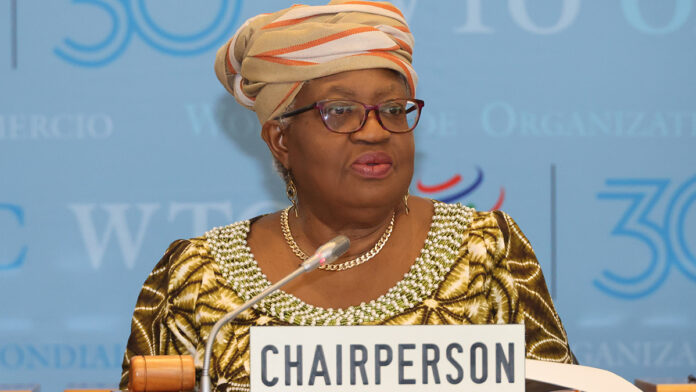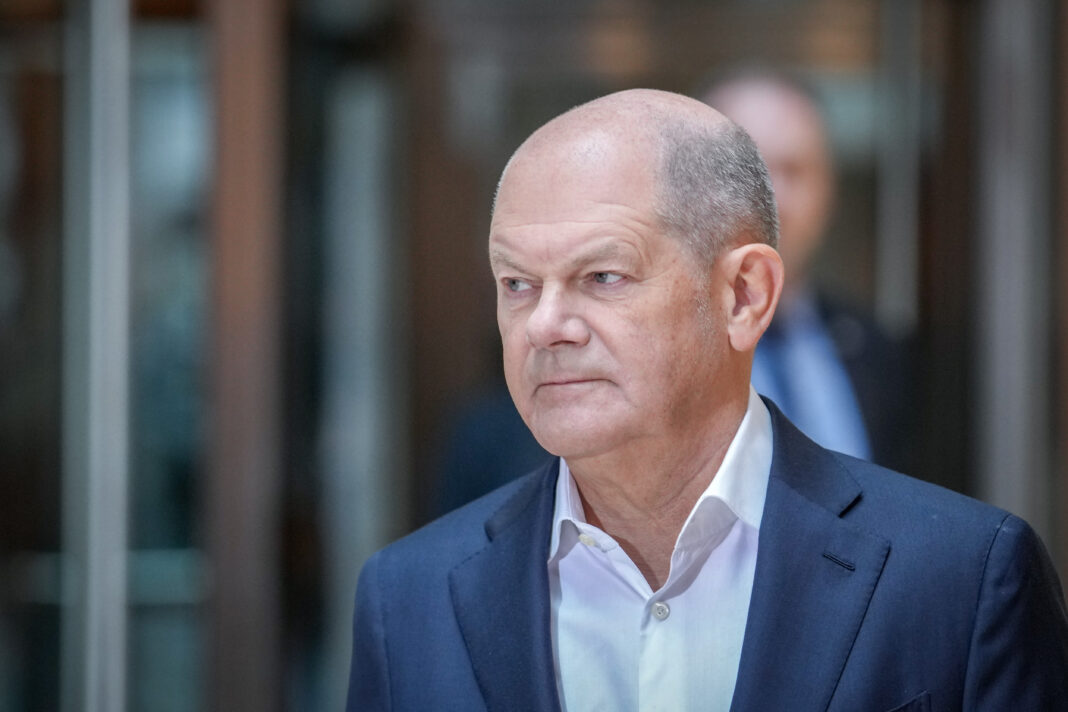GENEVA (CHATNEWSTV) — Germany is committing €600,000 to a global initiative to help developing economies and least-developed countries (LDCs) meet international food safety and trade standards, the World Trade Organization announced Wednesday.
The contribution, part of a multi-year agreement with Germany’s Federal Ministry for Economic Cooperation and Development (BMZ), supports the Standards and Trade Development Facility (STDF), a global partnership aimed at strengthening sanitary and phytosanitary (SPS) systems for trade.
“This new contribution underlines the increasing importance of the STDF in today’s landscape, affected by climate change, global economic uncertainty, and technological shifts,” said WTO Director-General Ngozi Okonjo-Iweala. “By focusing on SPS improvements in developing countries, the STDF addresses key trade and development issues that cross borders and directly impact people’s well-being and livelihoods.”
The funding will support the STDF’s new strategy for 2025-2030, which focuses on scaling up innovations in SPS capacity and addressing cross-cutting issues such as gender and environmental sustainability. The initiative also aims to improve food safety domestically in partner countries, integrate them into global value chains, and foster economic growth through trade.
“Safe trade contributes to food security and income generation in our partner countries,” said Dr. Ariane Hildebrandt, Director General at BMZ. “However, we recognize the challenges they face in dealing with the effects of climate change, multiple crises, and rising trade standards. We are pleased to continue our collaboration with the STDF to support stable and resilient agricultural trade.”
Germany’s contribution reflects a broader commitment to addressing global challenges in agriculture and trade. It will enhance SPS systems to promote sustainable development, build resilience against climate change, and support biodiversity.
The STDF, established by key international organizations including the Food and Agriculture Organization (FAO) and the World Health Organization (WHO), facilitates safe and inclusive trade to drive economic growth, reduce poverty, and achieve the United Nations Sustainable Development Goals.
 Donate
Donate



